Top 10 Foods That Reduce Stress Levels
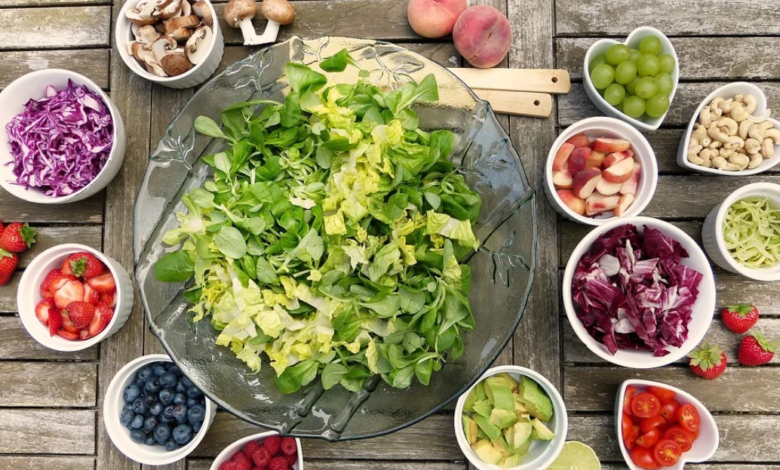
How to avoid stress in these unpredictable, turbulent times? Stress is an overwhelming feeling that can affect every aspect of our lives. Stress can be physically painful, emotionally burdensome, and mentally exhausting. And apart from the occasional bubble bath, yoga class, book reading, online betting through casino sites that offer many benefits to their customers (and which are on TopCasinoExpert.com), or engaging in physical activity, most of us don’t really know how to strategically relieve stress in the long run and help the body to recover from it.
When we are under stress, the body releases a hormone called cortisol. Also known as the ‘stress hormone’, cortisol acts as a rapid energy shock that helps the body cope with a given stressor, primarily by reducing inflammation and regulating blood pressure. However, too much cortisol in the body – a product of constant stress – does more harm than good because it increases inflammation and raises blood pressure, making stress even more intense and consuming.
Food can be a powerful antidote to stress. While some foods can help the body eliminate extra cortisol, others can boost the so-called ‘happy chemicals’ in the brain – serotonin and dopamine – restoring balance in the mind and body. Here are 10 foods that can help reduce stress levels and achieve peace…
1. Dark Chocolate

Dark chocolate is high in flavonoids, which are plant components that have a variety of health advantages, including the capacity to lower cortisol levels.
Dark chocolate with a cocoa content of 70-85% is ideal since it is high in fiber and important minerals.
2. Yogurt

You may have heard of a link between the brain and the intestines — the discovery that digestion, mood, cognition, and overall health are all linked.
Yogurt can help with both halves of this connection: the probiotics and prebiotics in yogurt can help lower cholesterol and control blood sugar, which can help with both intestinal and mental health.
3. Seeds

The seeds are full of omega-3 fatty acids that support cell structure and function. In addition, omega-3 fatty acids are the basis for the production of hormones that regulate inflammation.
Flax and chia seeds are loaded with healthy omega-3 fatty acids. For breakfast, try them sprinkled with yogurt and cocoa beans – it will relieve stress in a jiffy.
4. Leafy Green Vegetables
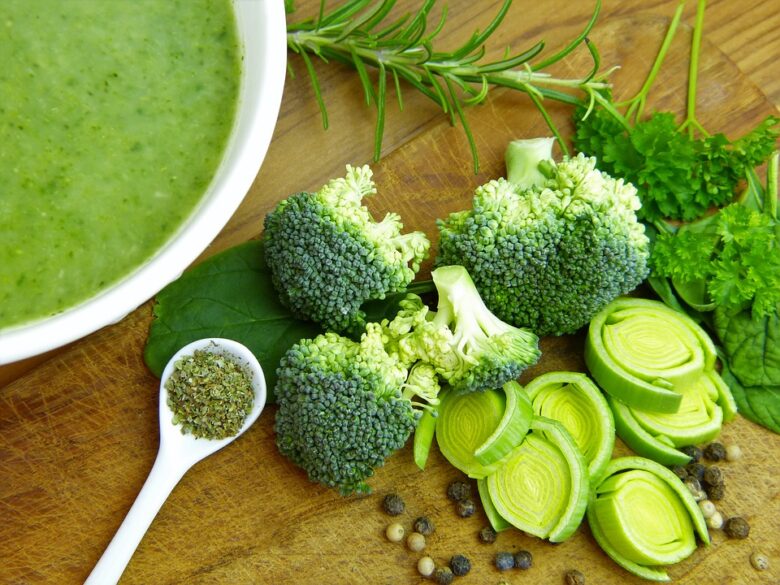
Leaves such as fresh kale, chard, and spinach contain folate, a vitamin that helps create dopamine and serotonin.
Folate is also known as the B-9 vitamin.
5. Citruses

The adrenal glands use vitamin C to release cortisol, so our body needs a larger amount of this vitamin during times of stress.
Oranges, papayas, and mangoes are excellent sources of vitamin C that help balance the body at the biochemical and physiological levels.
6. Lentils and Beans
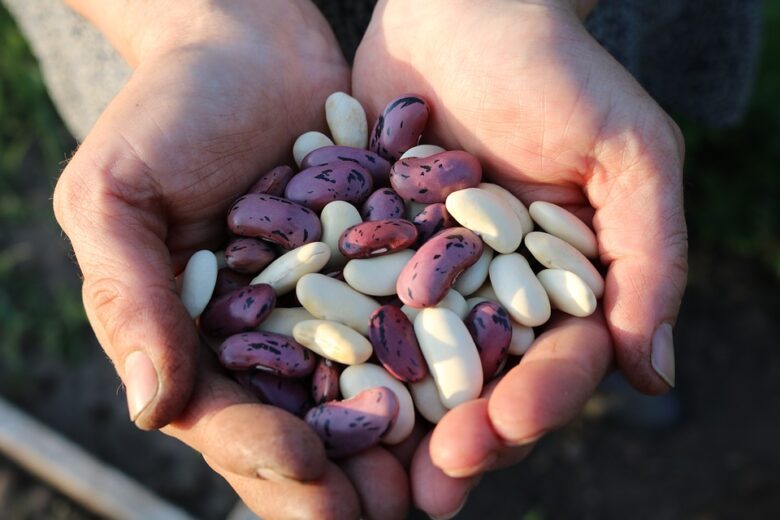
Since constant stress can cause inflammation in the body, it is not uncommon to get sick during stressful life periods. Fortunately, lentils and beans are rich in polyphenols, plant compounds with antioxidant properties that can help protect against disease.
Lentils and beans are also rich in fiber, which makes the intestines healthy and helps manage blood sugar levels.
7. Avocado

Avocado is an excellent source of essential vitamins and minerals that the body needs for daily combat, such as vitamins C, E, K, and B-6, as well as riboflavin, niacin, folate, pantothenic acid, magnesium, and potassium.
Omega-3 fatty acids, beta-carotene, and lutein are also found in them.
8. Complex Carbohydrates

Although carbohydrates often have a bad reputation, what is important is what type of carbohydrates are in question, i.e. what type of carbohydrates we take into the body. We emphasize this because there are also those that are necessary for the organism.
Processed carbohydrates found in jars and in any kind of packaging often contain additional ingredients that burden the body’s digestive system. However, the minimally processed carbohydrates found in plant sources – quinoa, sweet potatoes, barley, oatmeal, and wheat bread – are great for your health. Complex carbohydrates increase serotonin levels and consequently raise mood and reduce stress.
9. Walnuts
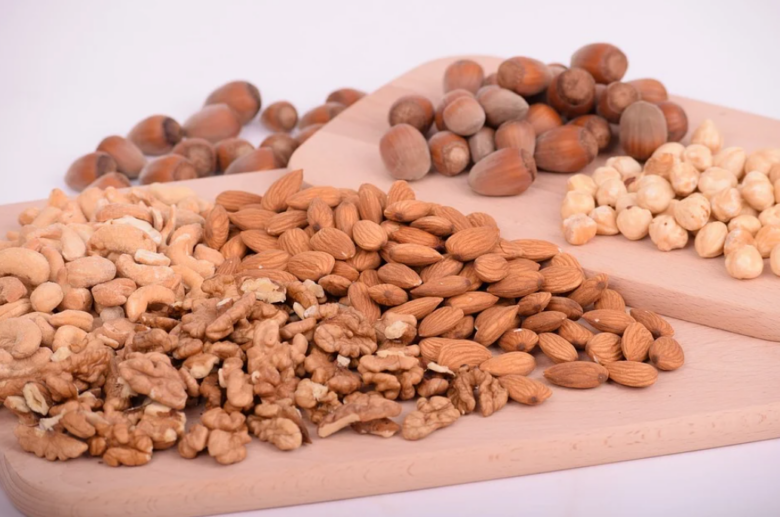
Walnuts are full of nutrients, B vitamins, healthy fatty acids, and magnesium. Magnesium plays an important role in regulating the body’s response to stress. The reason is that chronic stress depletes the body of magnesium, while low levels of magnesium increase stress, thus creating a vicious circle.
Studies show that increased magnesium intake can reduce anxiety, relieve stress, and reduce the response to fear.
10. Artichokes
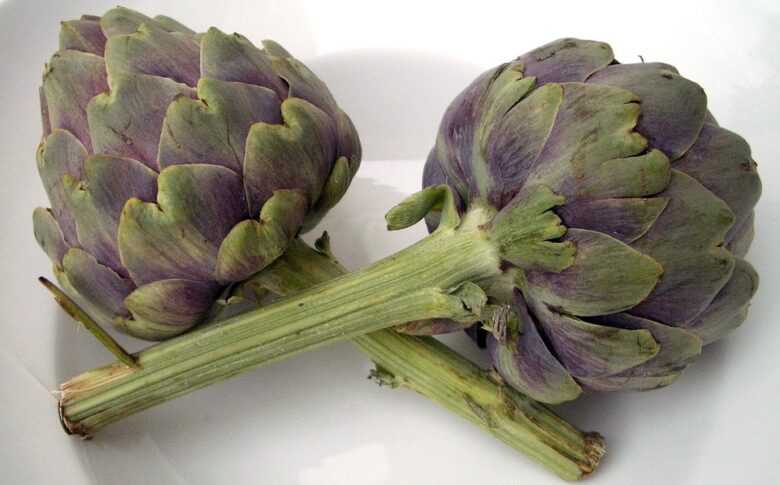
Like walnuts, artichokes are rich in magnesium – a mineral that helps regulate the way the body responds to stress.
Artichokes are also full of fiber and prebiotics, which help with better digestion, as well as with nutrients known to reduce stress – such as vitamin K, potassium, and vitamin C.
Conclusion
A growing body of evidence suggests that stress causes people to eat unhealthy, energy-dense, tasty foods, potentially contributing to the worrisome global incidence of chronic disorders like obesity.
Eating stress-relieving food, like eating a healthy diet, is not about putting yourself on a rigorous diet, keeping unnaturally slim, or depriving yourself of your favorite foods. It is more about feeling upbeat, having more energy, bettering your health, and increasing your mood.
It does not have to be difficult to eat healthily. The truth is that while particular foods or minerals have been found to improve mood, it is your overall dietary pattern that matters the most. When possible, real food should be substituted for processed foods as part of a balanced diet. That is it.



